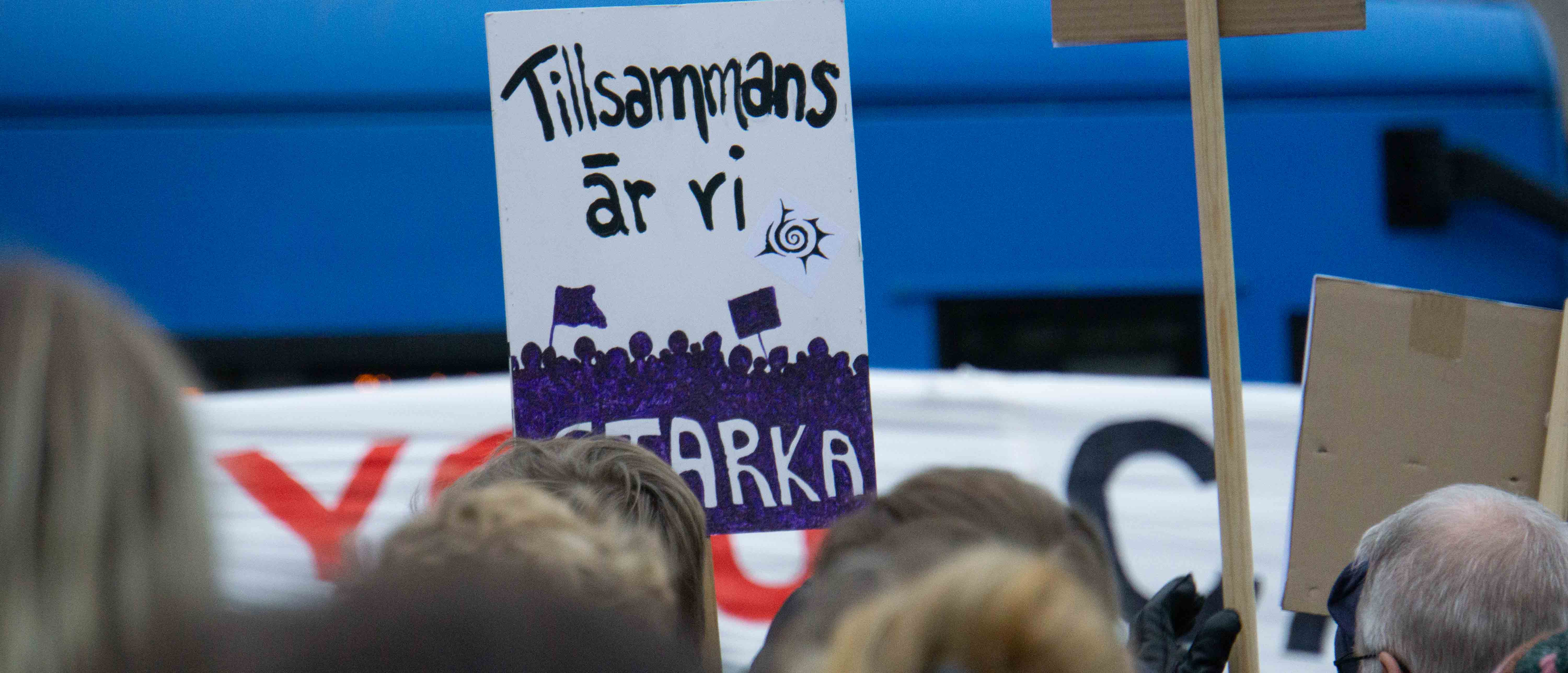Democracy
First Swedish national citizen assembly on climate could show the way to transformation

Climate assemblies bring together a diverse group people selected by democratic lottery to learn, deliberate and make recommendations on aspects of climate change. Photo: Antenna via Canva.
Can a citizen assembly come up with ideas on how Sweden could live up to the Paris Agreement? This will be tested in a new collaboration of Swedish universities, which Stockholm Resilience Centre is a part of
Sweden’s first national citizen assembly on climate will kick off in March 2024. Fifty participants will be chosen using a randomized scientific method to reflect Swedish society. During eight days the assembly will review facts, discuss solutions, and come up with suggestions for how Sweden can live up to its commitments with regards to the Paris Agreement. The participants are free to discuss and decide as they like. In their work to suggest climate policies for Sweden, they will be supported by experts.
Citizen assemblies on climate have previously been conducted in, among others, France, Denmark, and Finland, but never in Sweden. Hopefully, the citizen assembly will contribute to a better discussion of climate issues which oftentimes tend to get stuck in partisan politics or tend to be so technically complicated that only the most versed can contribute.
“Democracy needs to develop its work models so it does not become rigid. Societies are changing quickly and new channels for people to contribute are needed. We believe that the public has a lot of insights and knowledge to contribute when it comes to discussions about climate change, says Centre researcher Tim Daw who leads the project on the citizen assembly.
The process is advised and reviewed by a consultancy group consisting of Swedish public figures from a broad political spectrum.
The citizen assembly on climate is part of the research programme Fairtrans which aims to promote transformations to a fair and fossil-free future through cooperation between research and civil society. Fairtrans’ mission is to develop science-based and fair roadmaps for rapid decarbonisation, consistent with the Swedish carbon budget, through collaboration with key actors from civil society.
The project is a collaboration between Stockholm Resilience Centre at Stockholm University, University of Gävle, Uppsala University, Lund University, and IVL, the Swedish Environmental Research Institute.








